Trash can’t
Some would say the “recycling bin” of KHS seems to be half full. I would ask, is the recycling even being recycled? On a dreary Monday night this January, a custodian in the history building openly dumped the contents of the little blue recycling bin into the gray landfill on wheels. She said it was because it was a Monday. With one of the three custodians surveyed properly disposing of the recycling, KHS loses great opportunity to preserve the environment. Discussions on the recycling dilemma of KHS will take place at district level later this month, but discussions don’t always mean change. At the end of the day, KHS is not fulfilling its big shoes in the community of sustaining our ever-depleting environment.
“In order for recycling, composting or alternative energy to work, it needs to be this altruistic, group collaboration. If we all do it, we make a huge difference.”
In order to make substantial changes, many must participate in the fight for sustainability. Maya Pritchard, senior, in the Environmental Sustainability course explains that improving conditions at KHS starts with streamlining access to recycling.
“Surprisingly, it was brought to my attention that not every room had [a blue recycling container],” Pritchard said. “What I’ve noticed is that there are a lot of kids [at KHS] that don’t recycle because it’s not convenient. Trying to make sure recycling is easy for kids to do is the main focus.”
For students who choose to recycle, there are no guarantees all the contents end up being recycled. Sadly, Gatorade bottles and crinkled-up homework from KHS rarely evade the impending fate of the landfill.
[Currently], custodians are only given one trash bin to wheel through the halls as they collect all the trash,” Melton said. “It’s a concern [the Environmental Sustainability class] has. We want recycling to be easy [for everyone] because then they will be more likely to do it.”
When custodians drop the blue bin contents into the larger recycle bins, employees of our waste removal company (Progressive Waste Solutions) must take it further and recycle the recycling. Often times, Progressive Waste Solutions does not do their job of properly recycling.
“They inconsistently put the trash cans back,” Mike Wade, associate principal, said. “They’re very careless. I’ve seen them dump recycling into trash. They’re trying to get better but it’s just a ‘you get what you pay for’ deal.”
KHS not only lacks in terms of recycling, but also in other environmental pursuits compared to other schools in KSD. Keysor Elementary was recently named a Missouri Green Ribbon School because of its commitment to Project IDEA, an outdoor learning movement, and its food waste reduction by nearly 78 percent.
“For the kids in urban parts of America, they don’t have quite the experience with nature as they used to because more things happen inside,” Dr. Derek Byers, Keysor parent, said. “By having this outdoor opportunity [Project IDEA], it gives students time to experience nature and play outside. It also provides an outdoor classroom [where] kids can have a STEAM experience outside the school building.”
If these Keysor students continue in KSD, they will eventually funnel into a school without such programs like rain gardens and fresh produce growing right outside their classroom windows. A school without a composting program despite 63 percent of its waste being compostable. A school without campaigns to reduce waste. A school with little environmental action despite its large role in the community.
KHS consistently under-performs in sustainability and must focus on meeting basic green standards before additional tasks should be taken on. As of now, the recycling bin of KHS seems to be half empty, but change is on the horizon.
“I see the compassion and the kindness at our school all the time,” Melton said. “I would like to see that at the forefront, and I think our kids are up for the challenge.”
Your donation will support the student journalists of Kirkwood High School. Your contribution will allow us to purchase equipment and cover our annual website hosting costs.

Interests: Dancing for poms, writing for The Kirkwood Call, baking, reading + caving to my shopping addiction.
Favorite musical artist: J. Cole.
Favorite...
Interests: running xc, drawing and photography, watching strange movies, spotify premium is my life, being goofy
Favorite food: oyster crackers
Favorite...


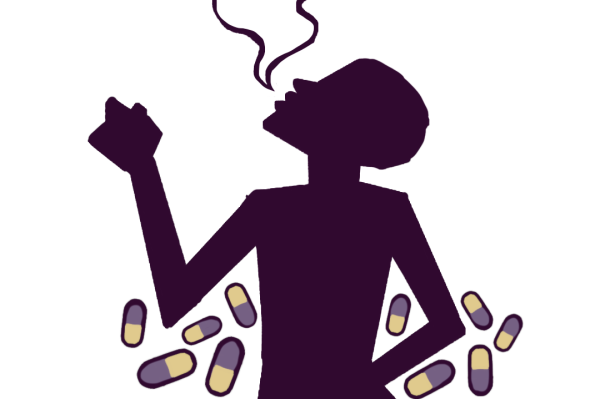
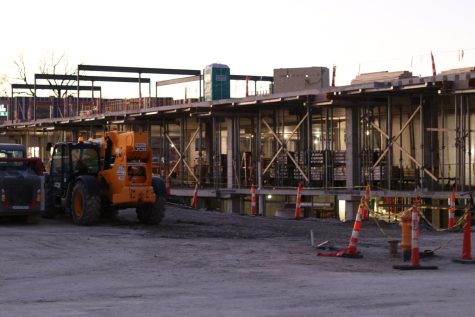
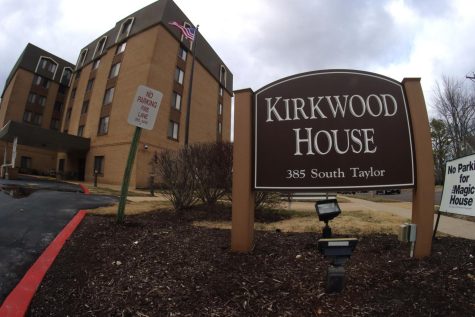
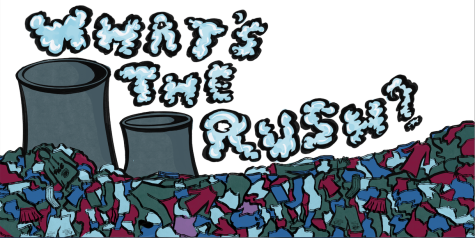
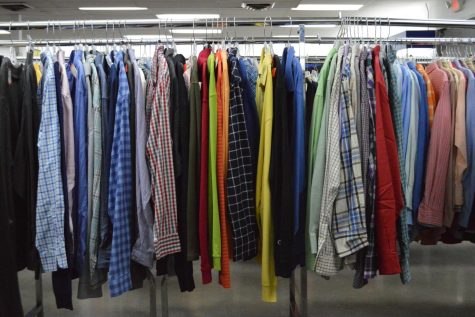
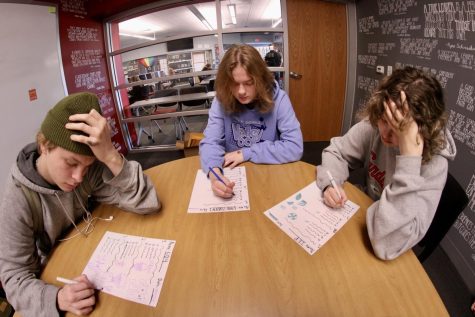



![“[Fashion is] a means to express myself,” Ezra Birman, senior, said. “I can’t imagine a world where I didn’t dress like this.”
Art by Ally Hudson](https://www.thekirkwoodcall.com/wp-content/uploads/2022/03/ezrapolaroid-e1646944084982-475x318.png)
